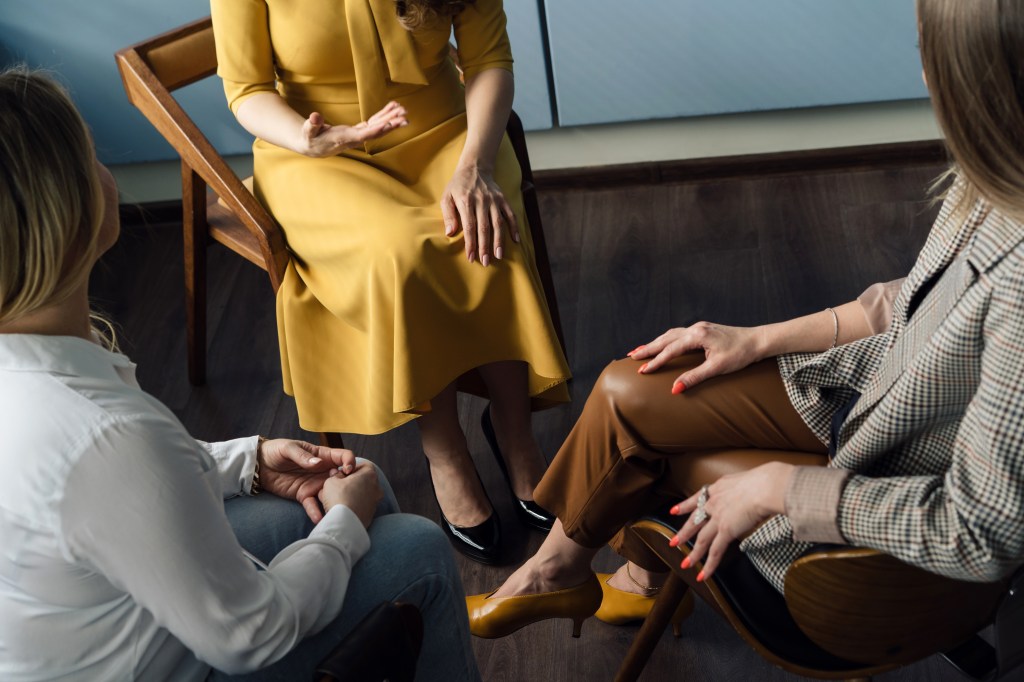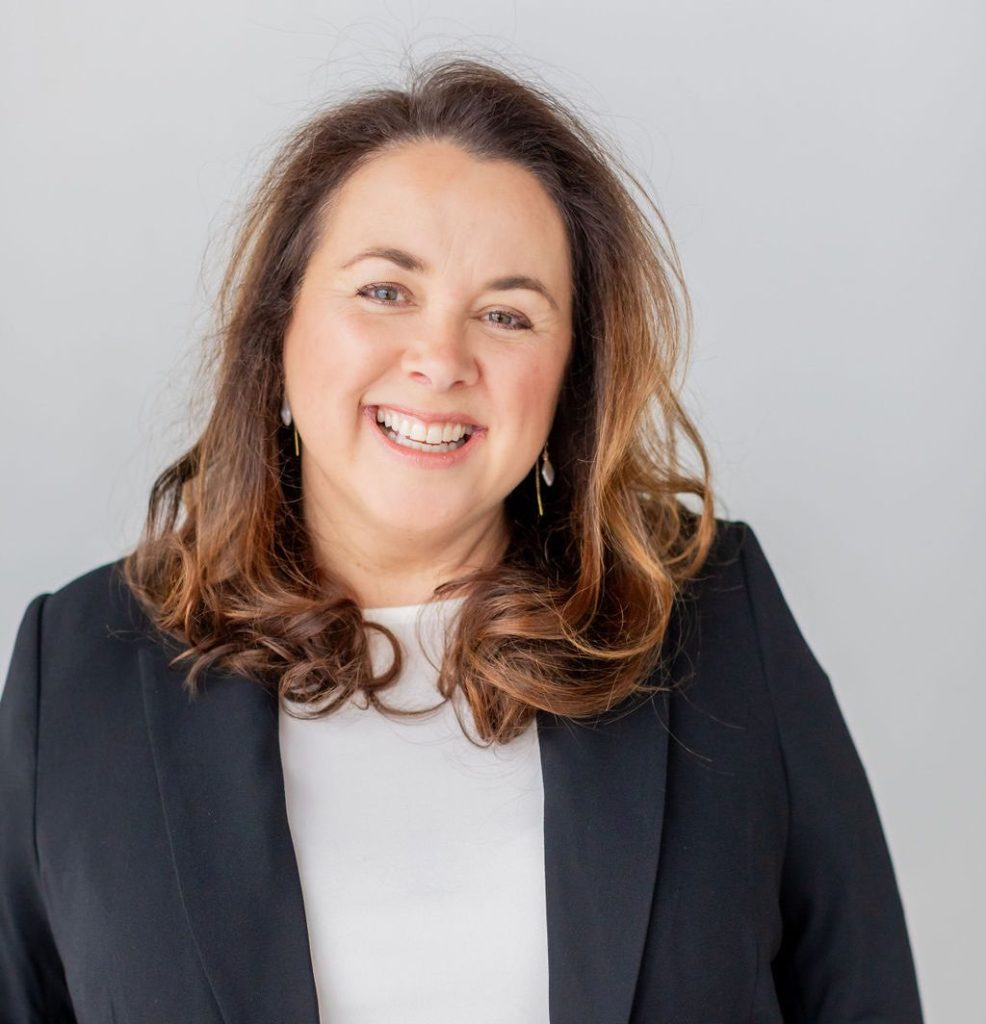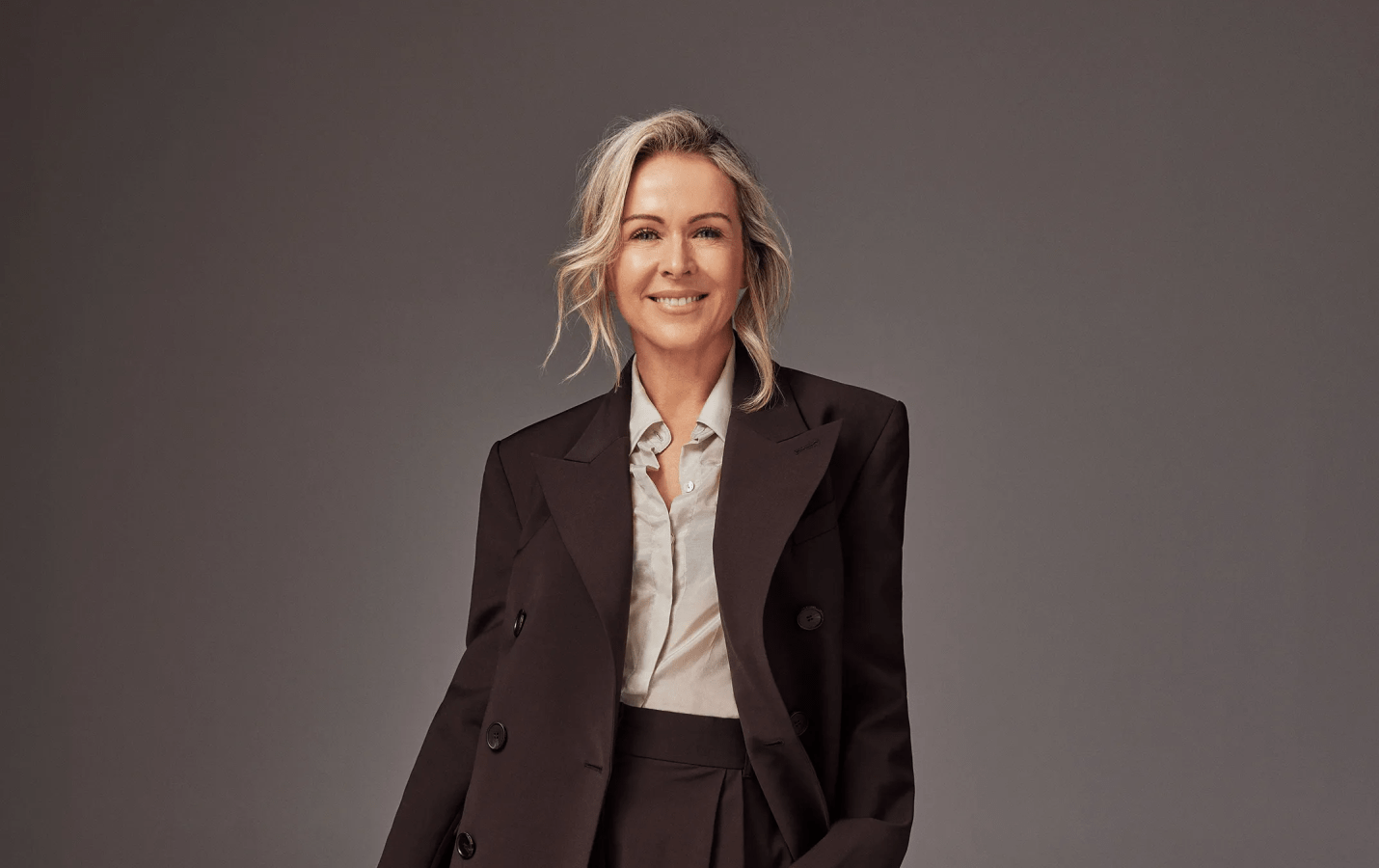Unlike a traditional board, your board of personal advisors is built of people who can guide you and support you, without any direct skin in the game of your business.

They say a problem shared is a problem halved, but for founders and entrepreneurs, finding the right people to share that problem with isn’t easy.
Whether you’re the founder of a new startup or scaling a business, the loneliness of being a leader is amplified for entrepreneurs. Your team looks to you as the person with the answers and the insight, meaning it can feel impossible to share any doubts or vulnerabilities.
So who can you turn to for support, advice, or reassurance that you’re not completely off-track in pursuing this entrepreneurial dream? As Reid Hoffman, co-founder of LinkedIn, said: “Your loved ones are going to support you, but if they have no idea what it’s like to lead a startup, and don’t understand what you’re experiencing, their sympathy can only go so far.”
Even if you have a supportive partner or team, finding others who ‘get it’ is invaluable, and this is where your personal board of advisors comes in.
Your circle of trust
Unlike a traditional board, your board of personal advisors is built of people who can guide you and support you, without any direct skin in the game of your business. This kind of support will only work with trust, and this is built on sharing the reality of your situation. Many founders wear a mask of success in their professional lives, but to work best with your board of advisors, you need to be able to drop that front and speak honestly.

Whether it’s thrashing out ideas, asking for input on decision-making or just seeking assurance from people who have ‘been there, done that’, there is huge value in this kind of support, especially for female founders who are expected to emulate the male leaders in their industries in order to be taken seriously.
Take Sarah for example, a female founder in a male-dominated industry who found herself surrounded by men at conferences and industry groups, and struggled to get them to relate to the additional challenges she faces as a woman in their industry. She was desperate to connect with other female founders for advice on everything from innovation and tech to how to find a reliable nanny or reputable carer for her elderly father.
Accountability equals action
As a founder or entrepreneur you probably relish being your own boss, but not having a boss means no manager is breathing down your neck asking why you haven’t achieved those things you committed to last month, quarter or year.
For example, another founder I worked with recently was hesitating to increase her prices, despite being booked solid for a highly sought-after service. Her board of trusted advisors, who she held in high regard, challenged her to commit to taking action. She raised her prices and none of her clients had an issue with the increase – meaning a boost to her bottom line that might not have happened without that ‘tough love’ and accountability.

Finding your people
Accountability has been proven to be a key factor in actually achieving the goals we set ourselves, and one study found that being held accountable by someone with a higher status than ourselves or someone we respect means we have an even greater goal commitment. As the researcher writes: “The important thing is that you need to care about the opinion of who you are telling.”
So your trusted board of advisors is there to hold you to account and support you along the way with encouragement, insights and recommendations to make that thing happen, but importantly they need to be people you respect.
How can you find these invaluable advisors? Start by considering areas where you could use advice or support. This might include financial planning, business strategy, or personal growth. Then look for people who could help with this kind of advice, ideally from outside of your immediate circle. Consider advisors from different industries, backgrounds, and levels of experience.

The best advisors aren’t necessarily the ones who agree with everything you say, you want people who will challenge you and push you outside of your comfort zone in a constructive way.
Try tapping into professional networks and groups to meet potential advisors, and then once you’ve assembled your board, invest time in nurturing those relationships. Trust doesn’t happen overnight, so commit to regular check-ins and offer your own insights and experiences as well – this is a two-way relationship.
While having support to make those tough calls and decisions is essential, you also need people who can help you celebrate the wins along the way. The kind of people who understand the impact of that big win on your business and who can be happy for you without jealousy or judgement. It might feel like a lonely road to the top but you don’t have to go it alone.
Michelle Broadbent is a business strategist with a 25-year career as a trusted advisor to female founders. She has supported hundreds of women as they step up from solopreneur to CEO in their businesses, and is now the operator of Accountability Circle.
Look back on the week that was with hand-picked articles from Australia and around the world. Sign up to the Forbes Australia newsletter here.


